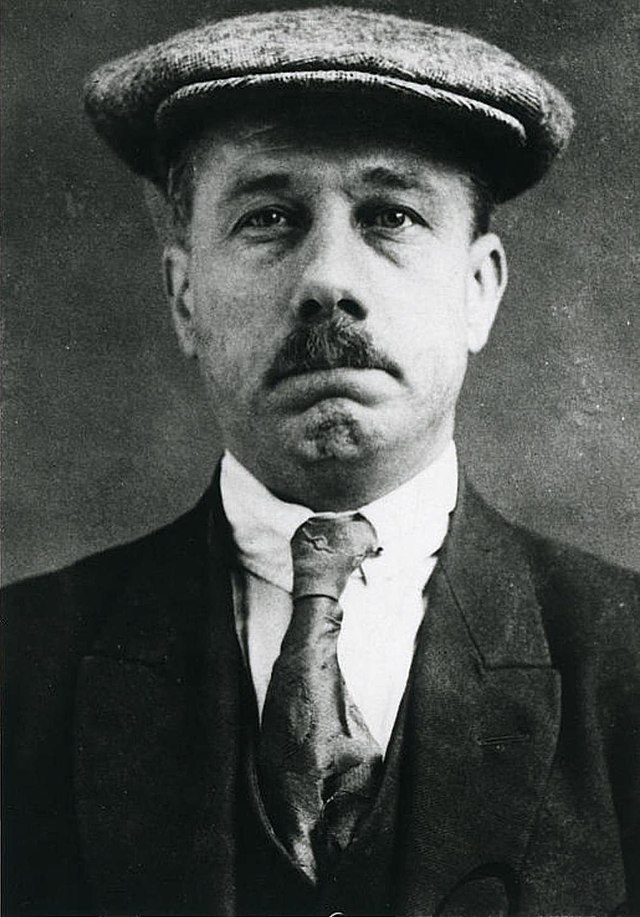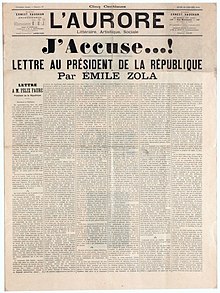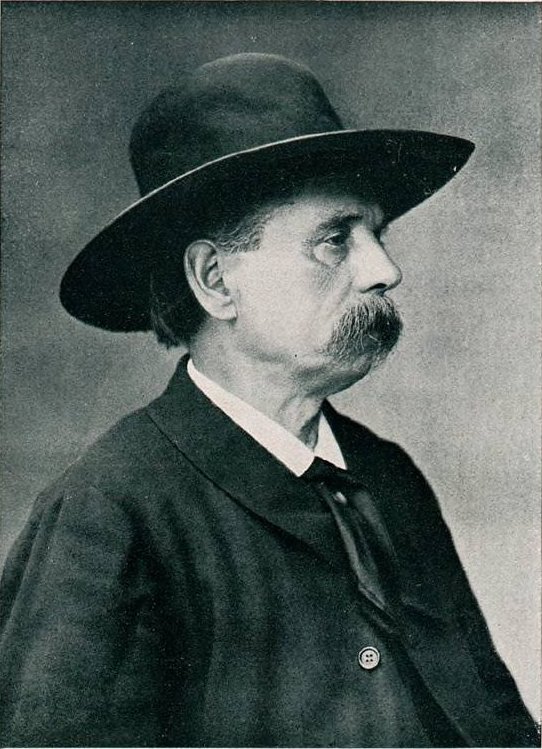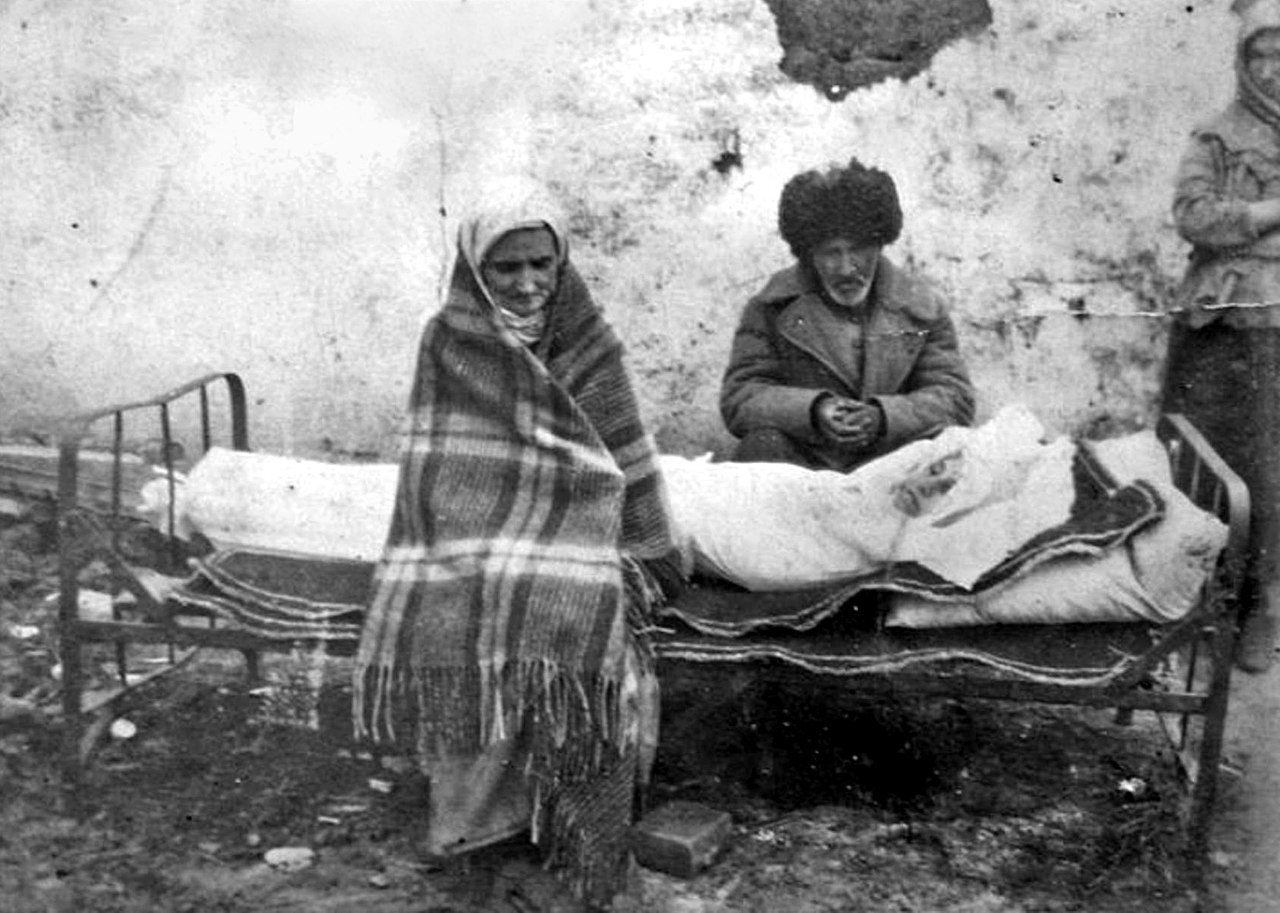
Today in Labor History February 23, 1829: The British authorities exposed the Cato Street Conspiracy and arrested all the conspirators. Those involved had planned to murder all the British cabinet ministers and the Prime Minister and overthrow the government. The authorities executed 5 conspirators and exiled 5 others to Australia. No one knows how many people were truly involved in the conspiracy. However, numerous trade unions, Irish Republicans and shoemakers were supposedly ready to support it. They were angry about the Peterloo Massacre and government repression, like the Six Acts that suppressed radical organizing. They were also angry about the ongoing privation caused by the depression.
1880s-1890s

Today in Labor History February 23, 1882: B. Traven was born on this date in Poznan, Poland. Traven’s real name was probably Ret Marut. He was active in the Bavarian uprising and the Bavarian Soviet Republic of 1919. When the German state quashed the Republic and started arresting and executing activists, he fled to Mexico, where he began writing novels. Traven wrote the “Treasure of the Sierra Madre,” “The Death Ship,” “The White Rose.” He also wrote numerous novels depicting the lives of Mexican peasants and indigenous people in his Jungle Series.

Today in Labor History February 23, 1887: The American Federation of Labor chartered the Journeyman Bakers National Union. They also nominated its founder, George Block, to head the newly-formed AFL. He declined and Samuel Gompers took the position. Today the bakers’ union is known as the Bakery, Confectionery, Tobacco Workers and Grain Millers International Union. In July 2021, BCTGM struck against Frito-Lay in response to 12-yr workdays, 7-day workweeks, low wages and dangerous working conditions. In August 2021, they struck against Nabisco. And in October 2021, they struck against Kelloggs.

Today in Labor History February 23, 1898: France imprisoned author Emile Zola for writing J’Accuse, his letter accusing the French government of antisemitism and wrongfully imprisoning Captain Alfred Dreyfus.
1900s-1910s

Today in Labor History February 23, 1903: Jean-Baptiste Clement died. Clement was a socialist and Paris Communard, poet, singer and composer of the famous song, “The Time of Cherries.” He was one of the last on the barricades during the Commune. He escaped and fled to England. The French authorities condemned him to death, in absentia. They later granted him amnesty and he returned to France in 1879. He helped found the Revolutionary Socialist Workers Party in 1890. Paris has since named schools and a street after him.
Today in Labor History February 23, 1917: A strike began among women textile workers in Petrograd. Demonstrations turned into bread riots and spread throughout the city. By the end of the day, 100,000 people were out on the streets. The troops who crushed similar demonstrations in 1905 refused to put down the uprising, with many joining in by the end of the month. The women’s protests sparked the Russian Revolution.
1940s-1950s

Today in Labor History February 23, 1942: The Japanese launched the first Axis attack on the mainland of the U.S. during World War II. They fired artillery shells at the Ellwood Oil Field in Goleta, California, near Santa Barbara. There were no casualties and only $1,000 worth of damage. Nevertheless, Japanese submarine Captain Nishino Kozo radioed Tokyo that he had left Santa Barbara in flames.

Today in Labor History February 23, 1944: The Soviet Union began the forced deportation of Chechen and Ingush people from the North Caucasus to Central Asia. The Soviets forcibly deported millions of ethnic minorities from the 1930s-1950s. At least 25% of the Chechen and Ingush deportees died at the hands of soldiers or from cold and hunger.

Today in Labor History February 23, 1954: The U.S. began the mass inoculation of children against polio with the Salk vaccine in Pittsburgh. Salk never patented, nor profited from the vaccine. He argued that it belonged to the people, since the funding came from charities.